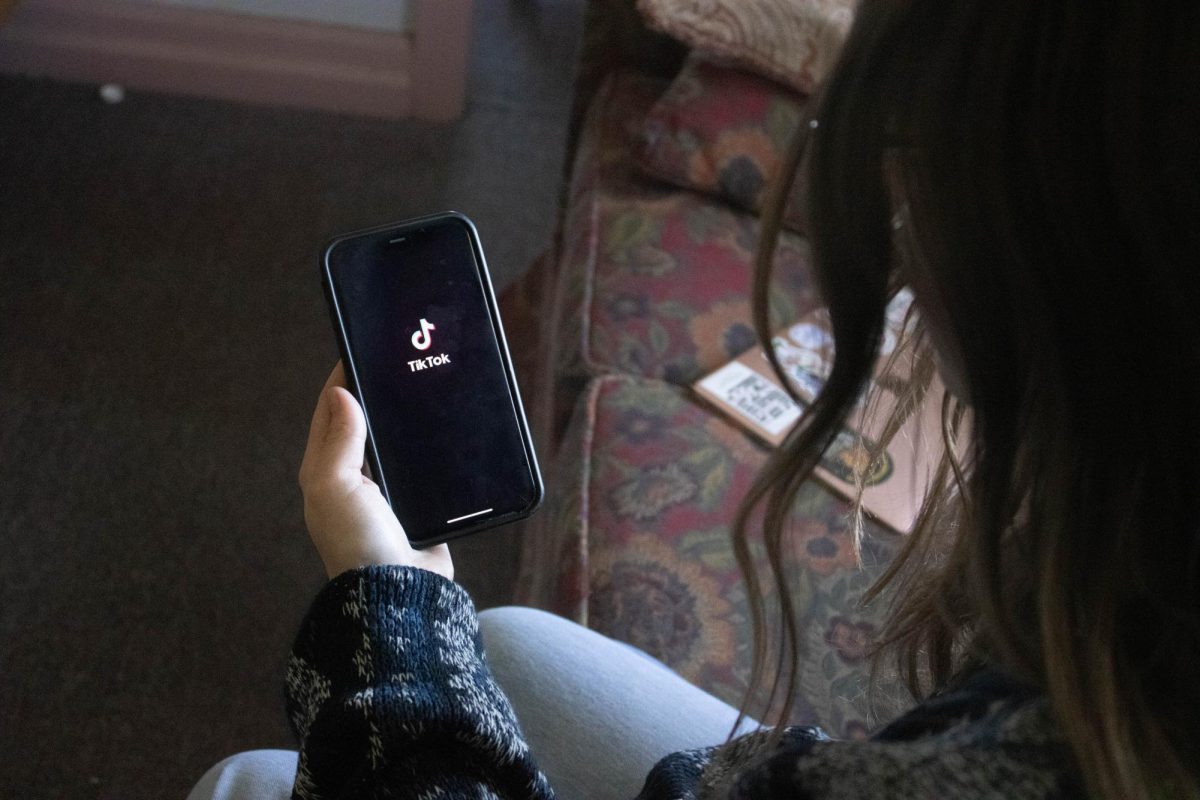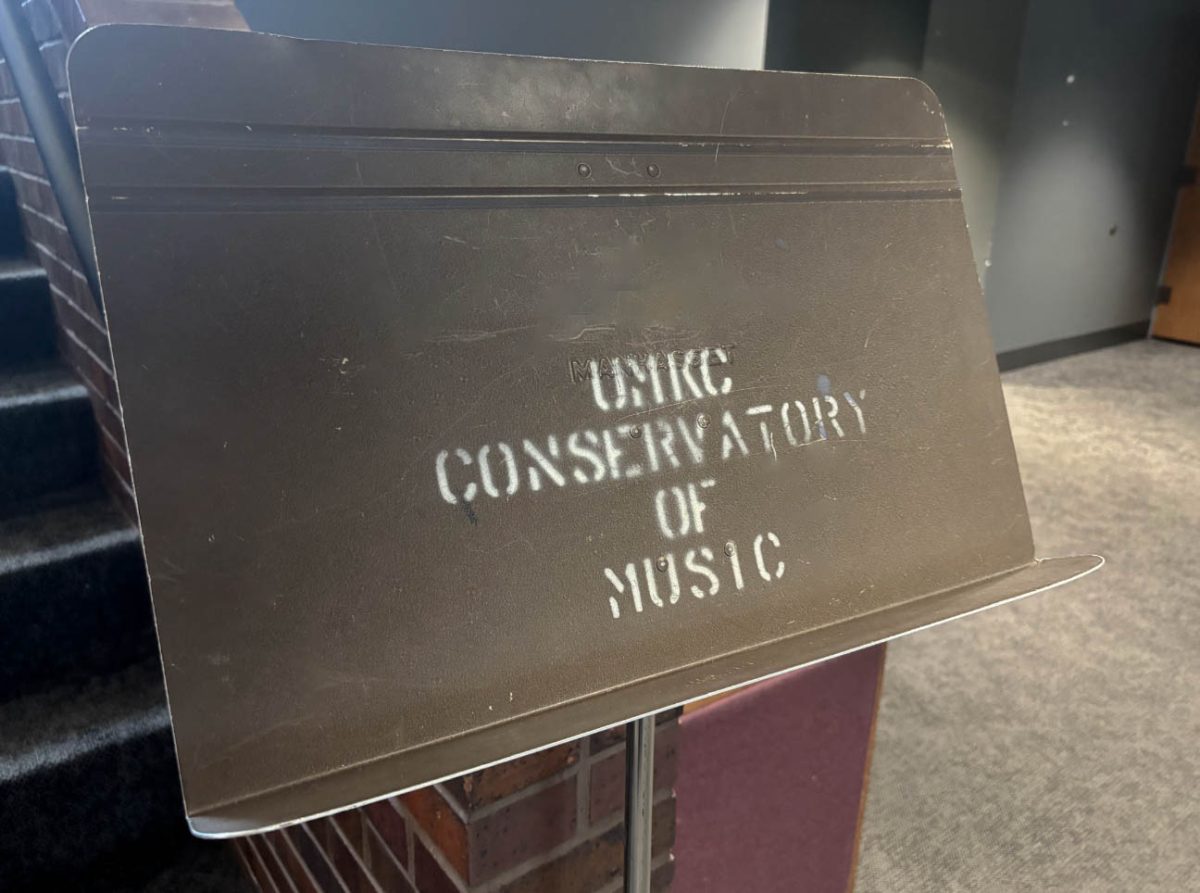The U.S. House passed a bill on March 13 that would ban the app TikTok across the country if ByteDance does not sell its stake.
With 170 million users nationwide and a majority of those under the age of 18, outcry has stemmed from teens and influencers alike.
Members of Congress reported receiving numerous calls from young people threatening, crying and urging them to avoid the ban on the Chinese-based platform.
Thom Tillis, a senator from North Carolina, said that he received death threats over the legislation.
“If you ban TikTok I will find you and shoot you,” said one call. “I’ll shoot you and find you and cut you into pieces.”
The people making these concerning statements have missed one key factor – the bill is yet to pass.
While the bill did make it through the House, it has not seen approval by the U.S. Senate. The chair of the Department of Political Science, Dr. Greg Vonnamhe said it probably won’t.
“If I had to put odds on it, I would say less than 50%,” Vonnahme said. “Not only are they [Sentate] not going to pass the House’s version, they’ve said that they’re gonna go back to the drawing board.”
Similar bills have gotten stalled once they made it to the Senate previously. The recent legislation has surrounded the concept of a national security threat posed by Bytedance, said Vonnahme.
“Is there widespread accessing of American’s data? No,” Vonnahme said. “But at the same time, there has been an erosion of trust in Bytedance and their ability to secure American’s data.”
Despite the instability of the bill currently, there have been large reactions from American citizens and media publications. These responses highlight a vital aspect of being a U.S. citizen: not understanding the government.
The Annenberg Policy Center found that only 47% of U.S adults could name all three branches of the government and only 24% of people could name the five freedoms in the First Amendment.
Vonnahme said with the low level of awareness of the basic facts of politics, the importance of reminding people how Congress functions grows.
“It’s not a done deal yet,” he said. “The most interesting political piece is seeing what the Senate does and how fast they do it. The next four to six weeks will be the key to figuring out where the Senate is on this.”
For further updates, check out the Associated Press.










